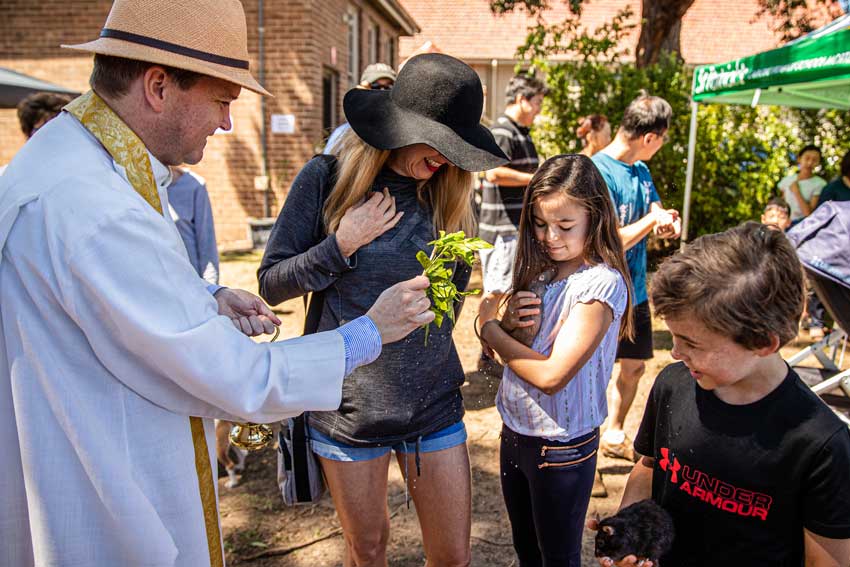
The answer to the Church’s youth problem is obvious. Give them a prize to aim for
If one were to chart the key influences in a young person’s life they would be, first, a mother and, second, a father. This is why the unity between parents in things like faith is foundational and fundamental.
As parental influence wanes through the teenage years it is replaced by friends, peers, media (in a bewildering variety of forms these days), popular sentiment and culture. These become the key voices shaping the hearts of the young.
The problem is that our society, our laws, our culture, our media and the majority of peer pressure – the voices – are now toxic to that fulfillment which parents desire for their children.
In effect, a young person is increasingly isolated from his or her parents’ desires not just for a meaningful life and fulfillment but the destiny and life that can only come from faith, from knowing Jesus, from knowing the Church.
This dynamic, in a nutshell, is why we lose so many young from the Church.
When a doctor diagnoses illness he or she looks for symptoms. Yet while the symptoms reveal the true nature of the underlying illness they also reveal the cure. The diagnosis in this case for families and young Catholics is essentially isolation – isolation from parental love and concern, isolation from the faith of the Church, isolation from Jesus.
The pressure to overwhelmingly go with the flow of our increasingly politically correct and morally relative culture, which is opposed at every level to ideas like the nobility of virtue and objective moral rules, is really a form of isolation.
So if the diagnosis is isolation, the antibiotic is community and communion, between parents, between families and within parishes.

Community neutralises the negative peer pressure of our society with positive influences, and creating possibilities for their lives that are not toxic. But it has to be communion which is far deeper than what exists now in parishes – a conscious effort to form patterns of friendship and faith between families and within parishes.
If the young experience faith, virtue and heroism as normality among their peers – as opposed to the normality they experience elsewhere – they will be attracted to it and emulate it. They do so because they’re naturally attracted to achieving the best in areas of their lives such as education, sport and work.
That’s why niceness just doesn’t cut it in the Church when working with youth. And building this communion requires a conscious effort.
This work is easy to map out, and simple, but parishes and dioceses still haven’t realised it. When they realise that radical faith and families are the keys, then things will change – but not until then.
by Toby Garcia Lopez
